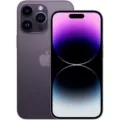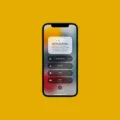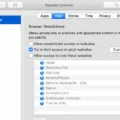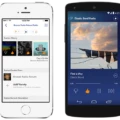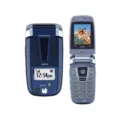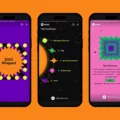Have you ever wondered why your iPhone says it’s locked to a specific carrier? Or why you can’t use your iPhone with a different network provider? The answer lies in something called carrier lock.
Carrier lock, or SIM lock, is a software restriction that ties your iPhone to a specific mobile network provider. When your iPhone is carrier locked, it can only be used with that particular carrier, and you won’t be able to switch to another network without unlocking it.
Carriers lock iPhones for a few reasons. Firstly, it helps them ensure that customers fulfill their contractual obligations. When you purchase an iPhone from a carrier, they often offer subsidies or payment plans to make the device more affordable. By locking the phone, they can guarantee that you will continue using their services for the agreed-upon period.
Secondly, carrier lock helps prevent fraud and theft. If your iPhone gets stolen or lost, the thief won’t be able to use it with another carrier unless they can unlock it. This adds an extra layer of security and discourages theft.
How Can You Check if Your iPhone is Carrier Locked?
If you’re unsure whether your iPhone is carrier locked or not, you can check its status by following these simple steps:
1. Insert a SIM card from a different carrier into your iPhone.
2. Restart the device.
3. If you see a message indicating that the SIM card is not supported or that you need to enter a SIM unlock code, it means your iPhone is carrier locked.
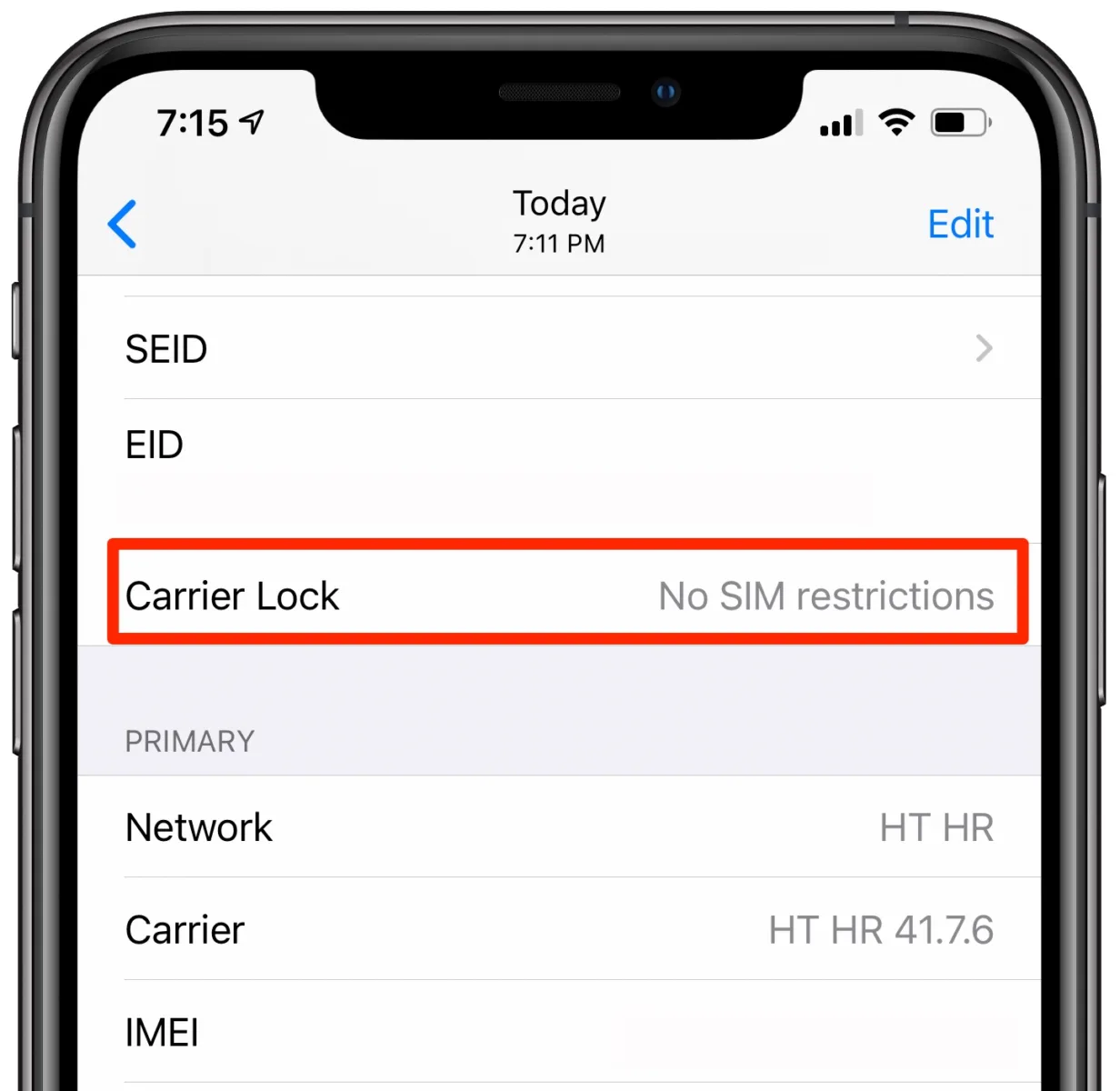
What Can You Do if Your iPhone is Carrier Locked?
If your iPhone is carrier locked, don’t worry! There are a few options available to you:
1. Contact Your Carrier: Reach out to your current carrier and inquire about unlocking your iPhone. They may require you to meet certain criteria, such as completing your contract or paying off any outstanding balances.
2. Use a Third-Party Unlocking Service: There are many third-party services available that can unlock your iPhone for a fee. These services often require you to provide the IMEI number of your iPhone, which can be found in the Settings app or by dialing *#06# on your phone.
3. Purchase an Unlocked iPhone: If you’re in the market for a new iPhone and want to avoid carrier lock altogether, consider buying an unlocked iPhone directly from Apple or other authorized retailers. Unlocked iPhones can be used with any carrier, giving you the freedom to switch networks whenever you please.
Why Does Carrier Lock Matter?
Carrier lock can significantly impact your iPhone experience. If you’re locked to a carrier that doesn’t provide good coverage in your area or charges high prices for their services, you’ll be stuck with limited options. Unlocking your iPhone gives you the freedom to choose the carrier that best suits your needs, whether it’s for better coverage, lower prices, or additional features.
Carrier lock on iPhone restricts your device to a specific network provider. It serves both the interests of the carrier and adds an extra layer of security for the user. If you find yourself in a carrier lock situation, don’t fret. Explore the options available to you, whether it’s contacting your carrier, using a third-party unlocking service, or purchasing an unlocked iPhone. The choice is yours to make, so make sure it aligns with your needs and preferences.
What Happens When An iPhone is Carrier Locked?
When an iPhone is carrier locked, it means that the phone is tied to a specific cellular network provider, such as AT&T, Verizon, or T-Mobile. This restriction is enforced by a software code embedded in the phone’s operating system.
Here is a more detailed explanation of what happens when an iPhone is carrier locked:
1. Limited Network Compatibility: A carrier locked iPhone can only be used with the network provider it is locked to. This means that you cannot switch to another network or use a different SIM card from another carrier.
2. Inability to Use Other Networks: The lock prevents the iPhone from connecting to any other network, even if you have a SIM card from a different carrier. This limits your options for using the phone with different plans or when traveling internationally.
3. Contractual Obligations: Carrier locked iPhones are often associated with contract-based plans. These plans typically require you to stay with the same network provider for a specified period, usually 12 to 24 months. If you want to switch to a different carrier before the contract ends, you may have to pay an early termination fee.
4. Network Subsidies: Carrier locked iPhones are often sold at lower prices or with attractive discounts because the network provider subsidizes a portion of the phone’s cost. However, this means that you are tied to that network for the duration of the contract or until you fulfill certain requirements.
5. Unlocking Options: In some cases, you may be able to unlock a carrier locked iPhone. Unlocking allows you to use the phone with other compatible networks by removing the software restriction. However, unlocking methods and eligibility criteria vary depending on the carrier and country. You may need to contact your network provider or a third-party unlocking service for assistance.
It’s important to note that carrier locking is more prevalent in certain countries, such as the United States, while in other regions, like Europe, carrier locking is less common or even prohibited.
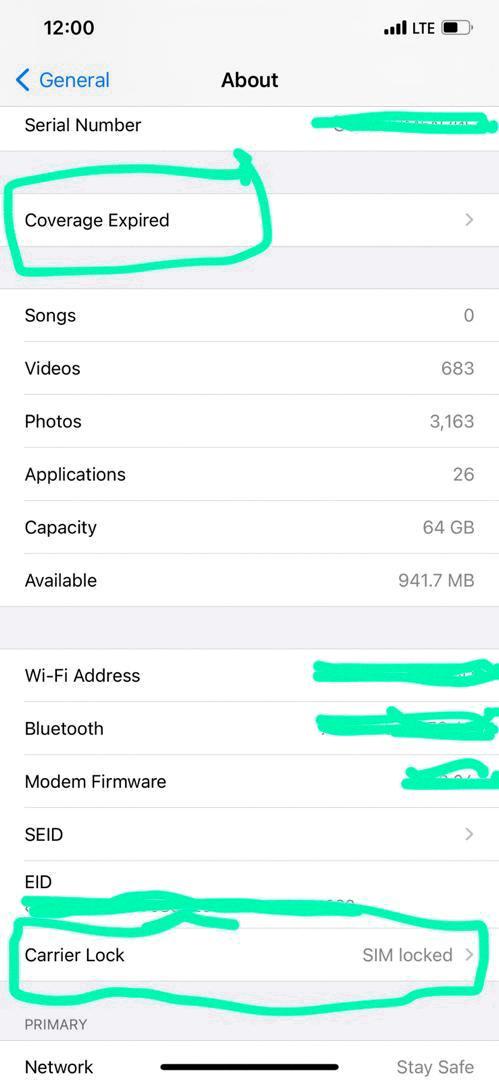
What Does a Carrier Lock Do?
A carrier lock, also known as a SIM lock or network lock, is a software restriction placed on a mobile device by the carrier or network provider. This lock ties the device to a specific carrier, preventing it from being used with any other carrier’s SIM card.
Here is a detailed explanation of what a carrier lock does:
1. Restrictions on SIM card usage: A carrier lock restricts the use of SIM cards from other carriers. This means that if your device is locked to a specific carrier, you cannot use a SIM card from a different carrier to make calls, send messages, or access mobile data.
2. Limited network compatibility: With a carrier lock, your device will only be compatible with the network frequencies and technologies supported by the locked carrier. This means that if you try to use the locked device with a different carrier that operates on different frequencies or uses different network technologies, it may not work or provide limited functionality.
3. Prevents switching carriers easily: The purpose of a carrier lock is to ensure that customers remain with the specific carrier that the device is locked to. It makes it difficult for users to switch carriers easily by simply swapping the SIM card. This can be especially problematic if you want to use your device abroad or switch to a carrier with better coverage or pricing.
4. Contract fulfillment and subsidy recovery: Carrier locks are often implemented as part of a contractual agreement or device subsidy program. By locking the device, carriers can ensure that customers fulfill the terms of their contract or pay off any outstanding device subsidies before the device can be used with another carrier.
5. Protection against theft: Carrier locks also provide some level of protection against theft. If a device is stolen, the thief would need to unlock the device before being able to use it with a different carrier. This can act as a deterrent and make stolen devices less valuable.
Carrier locks restrict the use of a mobile device to a specific carrier, limiting SIM card compatibility, network options, and making it difficult to switch carriers. It serves contractual and subsidy recovery purposes for carriers, while also providing some level of theft protection.
Why Does Your iPhone Say Carrier Lock SIM Locked?
The reason why your iPhone says SIM locked is because it is carrier locked. This means that your iPhone is tied to a specific carrier and can only be used with their SIM card. When you insert a different carrier’s SIM card or try to switch carriers, your iPhone will detect that the SIM card is not from the original carrier and display the message “SIM locked.”
Here are some key points to understand about carrier locks and SIM locking:
1. Carrier Lock: When you purchase a new iPhone from a carrier, they often lock it to their network to ensure that you continue using their services. This means that you cannot use a SIM card from another carrier unless you unlock your iPhone.
2. SIM Lock: In addition to carrier locks, some SIM cards also have a SIM lock feature. This is a security measure that requires you to enter a PIN code (known as a SIM PIN) to unlock the SIM card. If you see the message “SIM card is locked,” it means that the SIM card you inserted has a SIM lock enabled.
3. Unlocking Your iPhone: To use your iPhone with a different carrier or SIM card, you will need to unlock it. This can usually be done by contacting your carrier and requesting an unlock. They may have certain requirements or fees associated with the unlock process.
4. Unlocking Your SIM Card: If your SIM card is locked with a SIM PIN, you will need to enter the correct PIN code to unlock it. This PIN code is usually provided by your carrier or can be set by you. If you don’t know the SIM PIN, you may need to contact your carrier for assistance.
It’s important to note that unlocking your iPhone or SIM card may void any warranty or service agreements you have with your carrier. Additionally, unlocking your iPhone does not guarantee compatibility with all carriers, as certain iPhone models may only support specific network bands.
If you are unsure about the carrier lock or SIM lock status of your iPhone, you can check with your carrier or use online services to check the lock status of your device.
Conclusion
Carrier lock on iPhones is a feature that restricts the use of other network carriers on the device. This lock is imposed by the specific carrier to which the iPhone is tied. When a phone is locked, it can only be used with the carrier it is locked to, preventing users from switching to other networks or taking advantage of better deals offered by other carriers.
The primary reason for a locked iPhone is to ensure that customers fulfill their contractual obligations with the carrier. This encourages loyalty and prevents customers from easily switching to other carriers before their contract term is completed. Locked phones typically come with attractive deals and discounts from the carrier, making them a popular choice for many consumers.
However, this lock can become a hindrance for those who wish to switch to a different carrier, travel internationally, or use a local SIM card while abroad. In such cases, it becomes necessary to unlock the iPhone from its current carrier. This can usually be done by contacting the carrier and requesting an unlock code or by using third-party unlocking services.
It is important to note that unlocking an iPhone may void its warranty and can sometimes be a complicated and time-consuming process. Therefore, it is advisable to thoroughly research and understand the implications before attempting to unlock a carrier-locked iPhone.
Carrier lock on iPhones is a mechanism implemented by carriers to ensure customer loyalty and restrict the use of other networks. While it may provide benefits such as discounted deals, it can also limit the flexibility and options available to iPhone users. Unlocking the device is a possible solution, but it should be approached with caution and awareness of the potential consequences.

